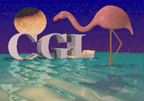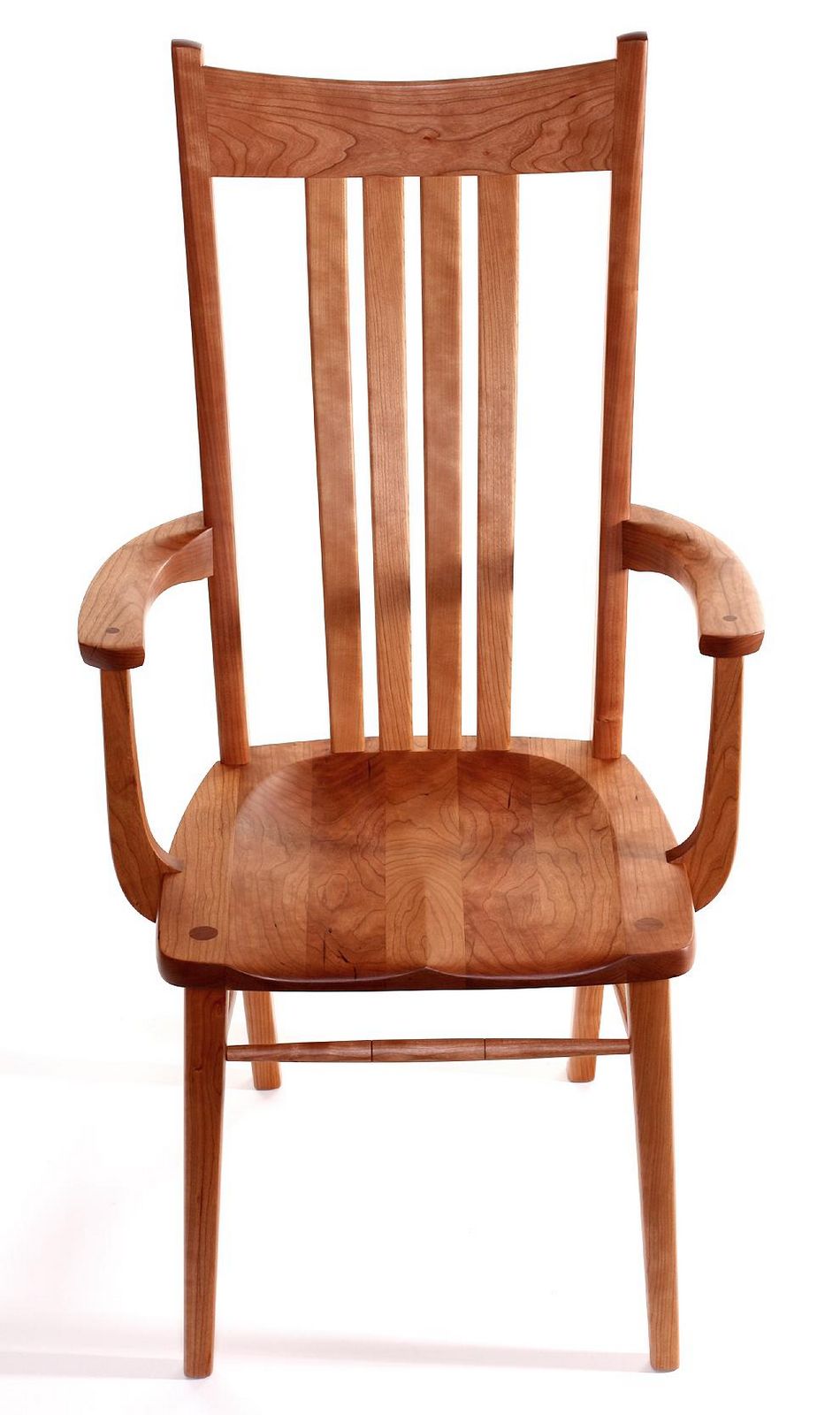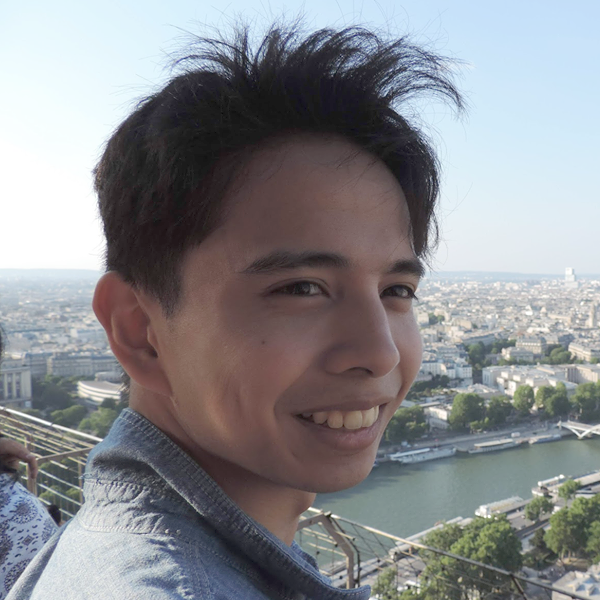 Meeting Agenda
Meeting Agenda Meeting Agenda
Meeting Agenda| Date: | January 8, 2020 |
|---|---|
| Location: | DC 2102 |
| Time: | 10:30 |
| Chair: |  Craig Kaplan |
| Date: | January 15, 2020 | January 22, 2020 | January 29, 2020 | February 5, 2020 |
|---|---|---|---|---|
| Location: | DC 3317 10:30 | DC 3317 10:30 | DC 3317 10:30 | DC 3317 10:30 |
| Chair: |  Nathan King |
 Ilene Lu |
 Stephen Mann |
 Jonathan Panuelos |
| Technical Presentation: |  Craig Kaplan |
 Nathan King |
 Ilene Lu |
 Stephen Mann |
 Morgan McGuire |
Title : Upscaling "8-bit" pixel art
Abstract: (My current research is 90% about building massive distributed graphics systems that combine Monte Carlo ray tracing methods, human perception, machine learning, hardware architecture, and networking. For a variety of reasons, this is a poor fit for a CGL talk, so instead I'm going talk about a more recreational problem I've been nibbling on for several years.) The limitations of 8-bit gaming systems from the 1980's, such as the Gameboy and NES, led to a specific art style characterized by small, high-contrast palettes, dithering, aliased lines, and content elements on the scale of 5 to 16 pixels. For a variety of applications it is necessary to efficiently double the resolution of sprites, font glyphs, and full-screen images in this style without distorting its character. Due to aliasing, both nearest neighbor and bilinear or higher-order interpolation distort the perception of content by increasing jaggedness or blurriness. There has been slow but steady progress on this problem for the past 20 years, largely driven by the retro computer emulation community. I'll present an approach I'm pursuing inspired by modern post-process antialiasing filters, regular expressions, and line beautification algorithms. My algorithm, McScaly2X, currently exceeds the quality and performance of alternatives, but inherits some bad worst-case failures from the EPX algorithm that it builds on. |
|---|
Also see other Math and CS postings.